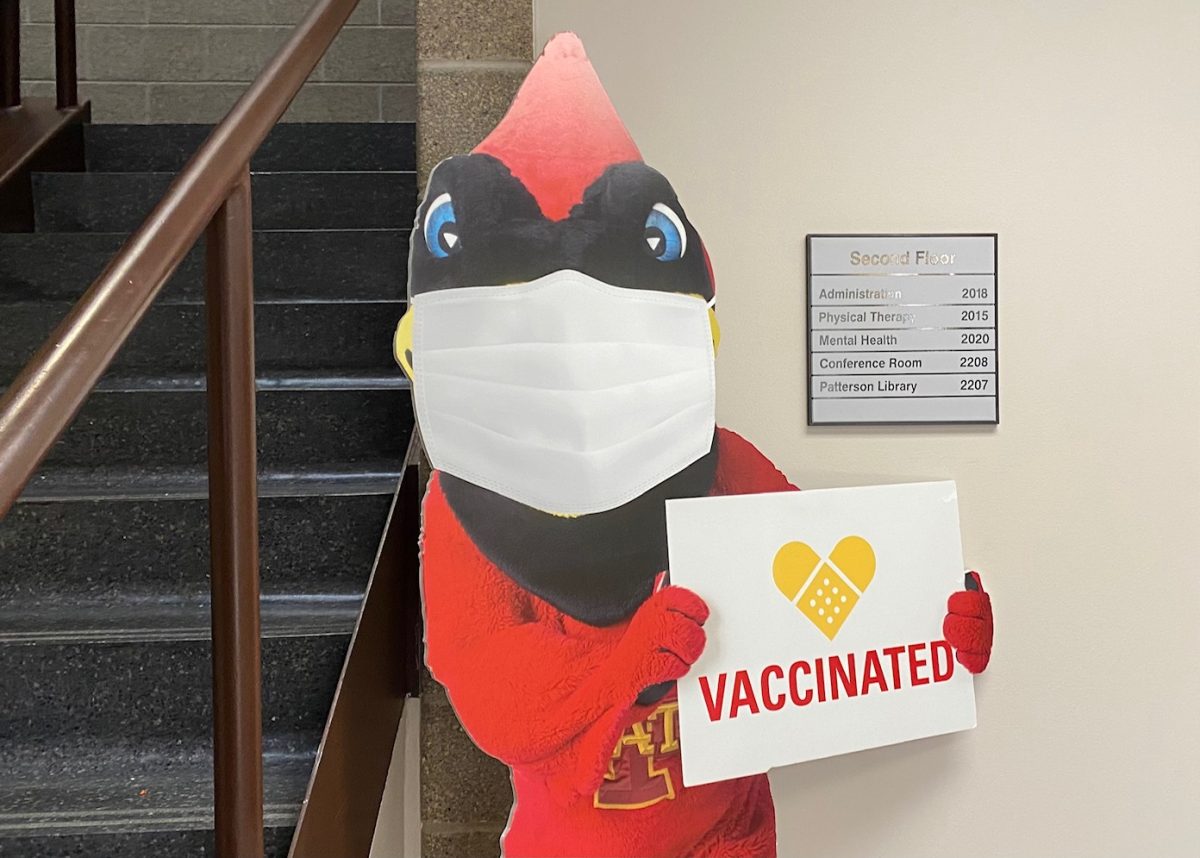Latin misconceptions
November 12, 1999
Kati Jividen’s “Illegal immigrants discovered at Howe Hall” was a disturbing story for a number of reasons.
The language used to describe undocumented workers invokes an image of criminality and questions the citizenship of Latinos. Anti-immigrant sentiment in this country is nothing new; a good U.S. history book will give a summation of the xenophobic periods of this country.
Mexicanos are indigenous to this continent, and to use terms such as “illegal” or “alien” characterizes all Mexicans as not law-abiding.
U.S. immigration law has criminalized immigrants for trying to improve themselves and put food on the table for their families, not to mention all the vegetables that we so eagerly eat on our dinner tables every night.
Additionally, the portrayal of Latinos in the media is suspect at best, and when news articles are written on Latinos it is in the context of either being “illegal” or “alien.”
By a psychological and cultural mechanism of association, all Latinos are thus declared to have a blemish that brands us with the stigma of being outside the law.
The uniqueness of Mexican immigration to this country, whether it is documented or not, has been its continual flow since the United States conquered Mexico’s northern territories, or today’s American Southwest. Which reminds me of the saying, “I did not cross the border, the border crossed me.”
More importantly, the industrialization of the United States and development of the West was on the backs of cheap Mexican labor as well as Asian.
Throughout the 20th century, lobbyists for agricultural corporations, the service sector, meatpacking industries and others have lined the pockets of politicians to provide waivers for Mexican labor. The questions that should be asked are not.
Congress, in 1996, passed the Illegal Immigration Reform and Immigration Responsibility Act (Simpson Act), a law so anti-immigrant that it even barred legal residents from using public benefits. Nevertheless, according to the Simpson Act, employers hiring undocumented workers are to receive sanctions.
Instead of blaming the immigrant, responsibility needs to be shifted to the true culprit, the employer. What is the Immigration Naturalization Service (INS) doing in this regard? It is finally time for the INS to go after companies that abuse immigrants and the law and not simply pay lip service to those ideas.
Another troubling trend that is the “Big Brother” mentality of the INS. Gerald Noland of the INS and some of his agents set up “surveillance?” Why did this not set off any alarms within the Daily Staff? This is a travesty of the Fourth and 14th Amendments of the U.S. Constitution.
Unfortunately, this is a fact of life for millions of Latinos living in the United States. Agent Noland’s comments are also indicative of the paternalistic and patronizing attitude of the INS. For example, Noland stated, “It’s almost a sigh of relief when they’re caught because they live in fear that they’re going to be arrested.”
Yes, they live in fear and in the shadows of the law, especially because of the abuses of Border Patrol agents and INS officials, but I would not characterize workers “scrambling” and “knocking over a wall” as a sigh of relief. Noland’s other comment in regards to stopping the exploitation of workers will be a reality when the INS begins to enforce employer sanctions.
Jividen also does not indicate if she attempted to make contact with the four Mexican workers to hear their side of the story. I find it difficult to believe that these workers, considering their status, would be bragging about their situation.
Undocumented workers live in the shadows making every attempt to keep a low profile as to not risk getting caught. More importantly, Jividen missed a real opportunity to write on a true human-interest story by not including any comments or even names of the four workers.
To society, they remain nameless, invisible, not real people, and they become this enigma simply known as “illegal immigrants.”
But this is also a mechanism for larger society to put distance between themselves and the plight of daily survival for so many and to ignore a part of humanity that might make them think about the disparities of life.
We have no idea if these individuals were working to feed families back in Mexico or simply trying to endure. However, what we do hear and see are the comments by INS officials, and immigrants become cold, inhuman statistics.
Jerry Garcia
Assistant professor
History/Latina/o studies
Editor’s note: The word “alien” was not used in the article “Illegal immigrants discovered at Howe Hall.” The INS would not release their names or allow contact with Daily reporters.






